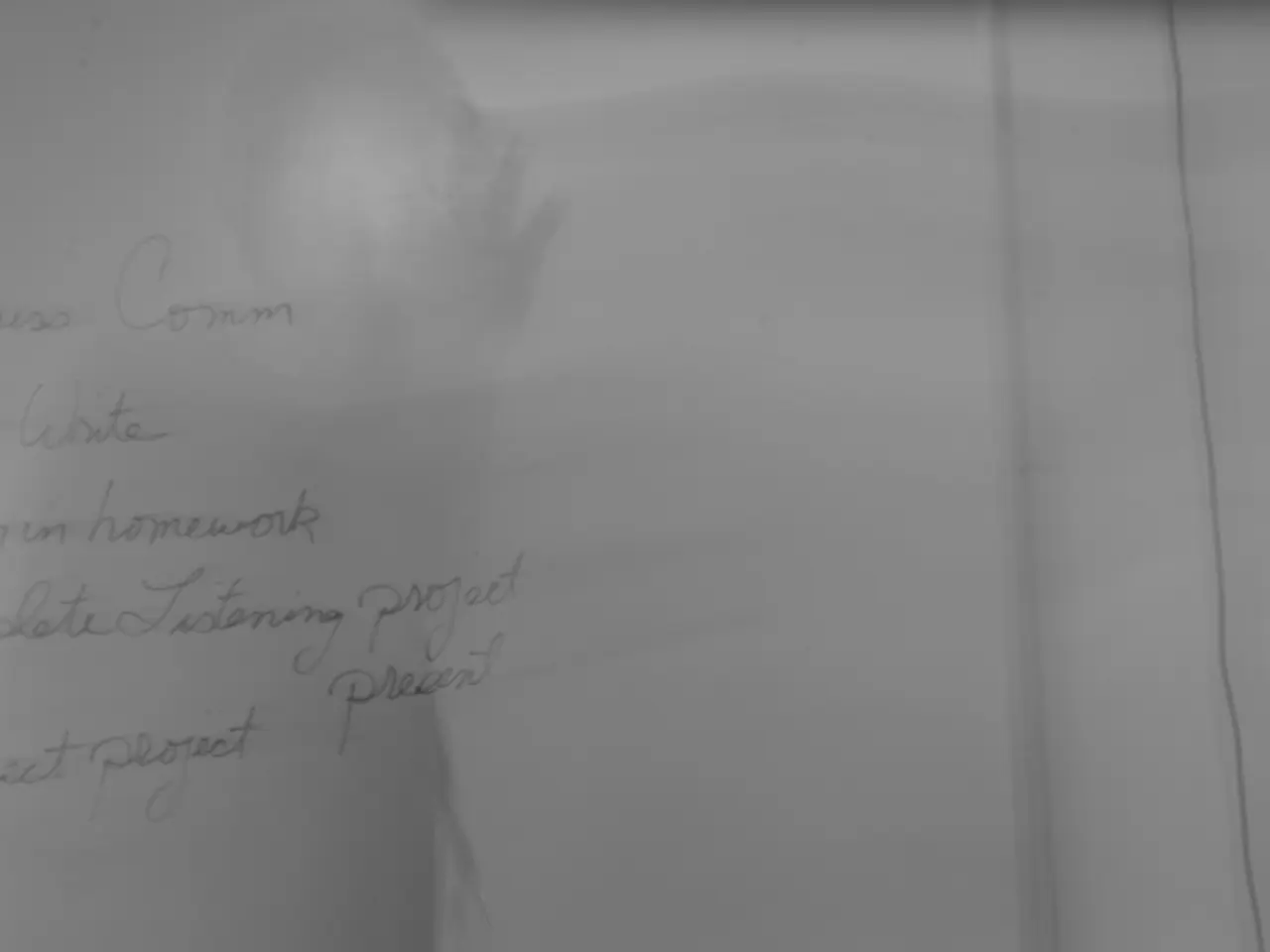Short Naps May Enhance Learning Effectiveness
In the fast-paced world we live in, finding time to rest and rejuvenate can be a challenge. However, a solution that has gained traction is the humble micro-nap - a brief respite of 10 to 20 minutes that offers a wealth of benefits for learning, memory, and alertness.
The effectiveness of a micro-nap is closely tied to its duration. A 20-minute nap, for instance, strikes a balance between maintaining alertness and reaping initial memory benefits, while avoiding the grogginess that can come with longer naps. This makes it an ideal choice for various contexts, from professionals and athletes to military personnel and aviators.
Micro-naps allow the brain to enter light stages of non-REM sleep without progressing into deeper slow-wave sleep. This is particularly valuable during study marathons, long workdays, or monotonous tasks, as it can help reset the brain's ability to sustain concentration and process information effectively.
One interesting method to enhance the benefits of a micro-nap is the "coffee nap." This involves drinking coffee right before a 15-minute nap. As the nap ends, the caffeine kicks in, further boosting alertness.
However, it's important to note that a 30-minute or longer micro-nap may lead to grogginess unless extended into a full 90-minute cycle. Therefore, setting an alarm for 15-20 minutes can prevent oversleeping.
Regularly incorporating micro-naps into your routine can train the brain to fall asleep quickly and wake refreshed within short timeframes. This is especially beneficial for those with stressful or high-demand jobs, such as office employees and knowledge workers, who seek mental clarity and productivity boosts.
Creating a nap-friendly environment can maximise rest during a short window. However, naps taken too late in the day may interfere with nighttime sleep, which could harm overall memory and learning.
Research supports the benefits of micro-naps. In one study, students who took 15-minute naps after studying performed better on recall tasks compared to those who stayed awake. Short naps can also aid in transferring information from short-term storage in the hippocampus to longer-term networks in the neocortex.
In conclusion, micro-naps offer a simple, yet powerful tool for enhancing learning efficiency, improving alertness, and boosting reaction times. By understanding the ideal duration and timing, individuals can harness the power of this short break to optimise their productivity and cognitive performance.
Read also:
- Nightly sweat episodes linked to GERD: Crucial insights explained
- Antitussives: List of Examples, Functions, Adverse Reactions, and Additional Details
- Asthma Diagnosis: Exploring FeNO Tests and Related Treatments
- Unfortunate Financial Disarray for a Family from California After an Expensive Emergency Room Visit with Their Burned Infant








